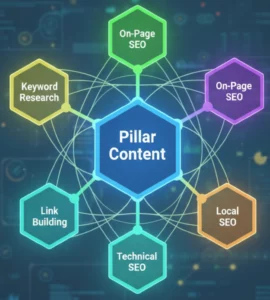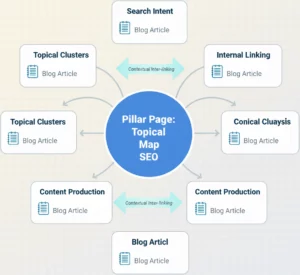
Recently entering the scene in the world of SEO and content writing, AI Writers have revolutionized the way we produce and manage online texts. Despite their advanced technology and ability to generate articles at scale, they sometimes fall prey to inaccuracies. Today, we explore the reasons behind these inaccuracies and how technological advancements are attempting to address them, captivating both authors and content creators.
Table of Contents
ToggleContextualization of AI in Content Writing
Intelligent and versatile, AI in the field of writing seems to herald a new era. With tools like ChatGPT making their debut, the sector is rapidly changing. Yet, why do even the most advanced AI writers like ChatGPT sometimes struggle to match human finesse in constructing their stories? Part of the answer lies in their process of understanding, which is fundamentally different from our biological brains.
Relevance of the Topic in Light of the Evolution of Writing Tools
As writers or readers, we are all faced with the rise of these new technologies. AI writing tools promise efficiency and speed, but their relevance depends on their ability to deliver content quality comparable to that of a human writer. This evolution raises important questions about the future of the writing profession and the integrity of online information.
What is an AI Writer?
Definition and Functioning of AI Writers
An AI Writer is a machine powered by artificial intelligence, capable of generating text based on the data it has learned. Using machine learning models, such as Natural Language Processing (NLP), they can produce content ranging from simple product descriptions to more complex blog articles. However, despite being technically proficient, there are inherent limitations to this technology.
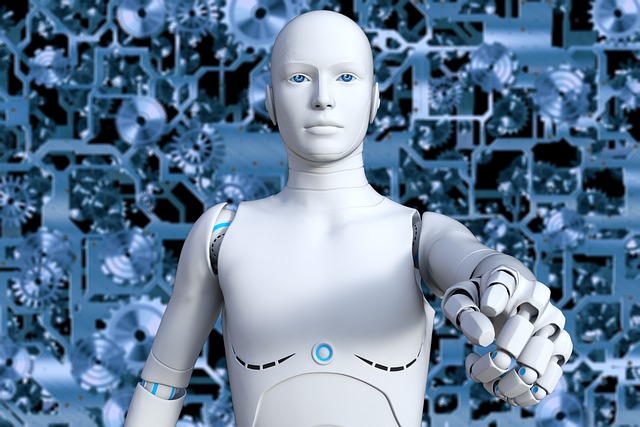
Comparison Between Human Writing and Automated AI Writing
Machines and humans do not create content in the same way. While humans rely on their emotional intelligence and personal experience, AI Writers depend solely on the data provided to them. This difference highlights why a machine might be grammatically correct without fully grasping the concept or emotion intended in the text.
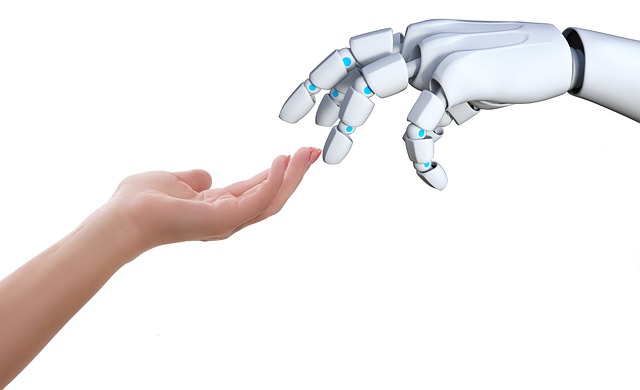
The Reasons Behind AI Writers’ Inaccuracies
Lack of Contextual and Emotional Understanding
While AI Writers can assemble words with overall impressive precision, they may lack the nuance needed to deliver truly engaging text. Without a real understanding of context or emotion, their output can seem disconnected or awkward when faced with complex or nuanced situations.
Data Dependency and Bias Issues
Although these tools can answer some hard questions, their accuracy is directly affected by the quality and quantity of the data provided. Biases in this data can lead to errors or content that doesn’t meet the standards of reliability and accuracy expected.
Limits of Machine Learning and Algorithms
Machine learning is at the heart of AI Writers’ intelligence, but even the most complex algorithms have their limits. Their ability to generalize from previous examples can lead to overgeneralizations or misunderstandings on subtle points, thus affecting the accuracy of the generated content.
Common Errors of an AI Writer and How to Identify Them
Inconsistencies in Text and Factual Errors
AI Writers can weave compelling narratives, but sometimes their storytelling skills are undermined by inconsistencies or factual errors that escape their algorithmic logic. Identifying these errors often requires a human eye to spot discrepancies that might otherwise go unnoticed.
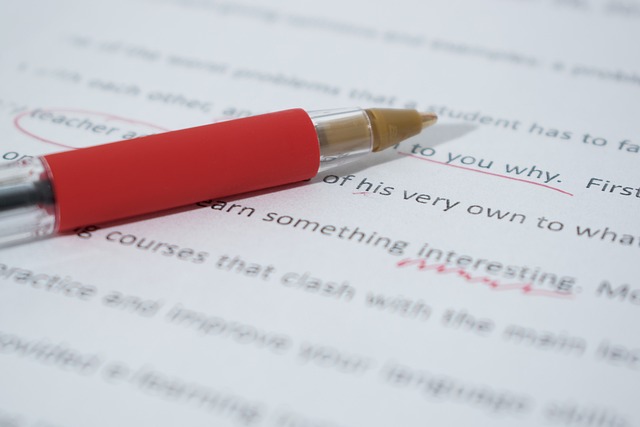
Style Issues and Content Fluidity
Even if an AI Writer is technically proficient, achieving authentic and fluid style is a challenge. Stringing words together is not enough to replicate the subtlety and variability of the human pen, generating text that captures the true essence of emotion is an art that AI still struggles to master.
Pattern Recognition and Frequent Corrections
It is crucial to understand that AI Writers operate through pattern recognition. They may manage to provide a response that seems logical but, upon closer examination, may be inappropriate or superficial. Human writers often need to step in to correct these errors and ensure content accuracy.
The Challenge of Creativity for AI Writers
The Notion of Creativity and Its Application to AI
Creativity: This concept is particularly complex for AI. While AI writers can produce content creatively, their ability to truly innovate and generate original ideas remains a fascinating and challenging topic of study.
The AI Writer Facing Creative and Original Tasks
When invited to take on the challenge of unique and original storytelling skills, AI Writers struggle to match the complexity and depth of human creations. Creative tasks reveal the limits of these tools and raise the question of their ability to add real value in areas that heavily rely on human intuition and genius.

Case Studies Where AI Creativity is Put to the Test
Numerous case studies have highlighted how AI Writers handle creativity. While some results are impressive, it is clear that when it comes to showing real inventiveness, AI can still seem mechanical and stereotypical.
The Impact of Data on AI Writers’ Accuracy
The Importance of Training Data Quality
Training data plays a crucial role in the accuracy of AI Writers because it is from this data that they learn. Diverse, complete, and high-quality data leads to more refined results, while poor or biased data can undermine the reliability of their production.
Adjusting and Optimizing Language Models
From carefully adjusting language models to optimizing them, many efforts are made to improve AI Writers’ responses. Developers work tirelessly to mitigate errors and enhance these machines’ capabilities, as evidenced by the rise of new advanced programming methods and deep learning.
How Recent Developments Improve AI Writers’ Accuracy?
Technological Improvements and Concrete Examples
Significant advances in AI, especially in NLP, now allow for generating text that seems more natural and closer to human writing. Improvements such as managing contextual nuances or better interpreting user requests have a noticeable impact on the quality of the content produced.
AI Systems’ Feedback and Continuous Learning
Feedback plays a crucial role in how content creators practice SEO. Indeed, AI Writers are now equipped with the ability to learn from their mistakes thanks to human interaction, creating a continuous feedback loop and learning process that helps refine their performance.

The Future of AI Writers in Content Writing
Predictions on the Evolution of Accuracy and Efficiency
As AI progresses, we can anticipate an increase in AI Writers’ accuracy. Content creators wonder: Will these advancements render human writing techniques obsolete? It is more likely that the collaboration between humans and machines will become the new norm.
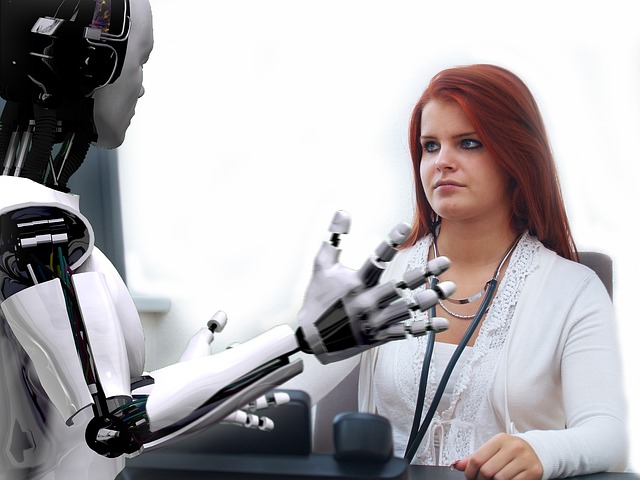
The Role of Humans in AI-Assisted Writing Processes
Although AI may go beyond simple content generation and begin tackling creative challenges, the role of humans remains central. The value of human perspectives, emotion, and creativity remains undeniable, especially in a world moving towards greater interconnection between friends and creators in the digital space.

FAQ
Why can an AI Writer be inaccurate ?
AI Writers can exhibit inaccuracies due to their inability to understand the emotional and cultural context surrounding content, as well as the limitations of machine learning and the quality of training data.
Can an AI Writer completely replace a human writer ?
There is currently no indication that AI Writers can completely replace human writing, especially for tasks that require creativity and a deep understanding of human nuances.
How can the accuracy of an AI Writer be improved ?
Improving the accuracy of an AI Writer involves training on quality data, regular adjustments to learning algorithms, and human interaction providing relevant feedback.
What types of content do AI Writers excel at writing ?
AI Writers excel at writing factual and structured content where the rules are clearly defined, such as product descriptions, data summaries, and certain types of informative articles.

Taking a step back from this discussion, it is clear that AI Writers have incredible potential but are not without limitations. As we continue to explore the boundaries of artificial intelligence, human writers remain essential to bring life and accuracy to text. Nonetheless, optimism is warranted: thanks to continuous improvements and human-machine synergy, the future of AI-powered writing is promising.

Eric Ibanez
Co-fondateur de Hack The SEO
Eric Ibanez a créé Hack The SEO et accompagne des stratégies SEO orientées croissance. Il est aussi co-auteur du livre SEO pour booster sa croissance, publié chez Dunod.
Suggested Articles



